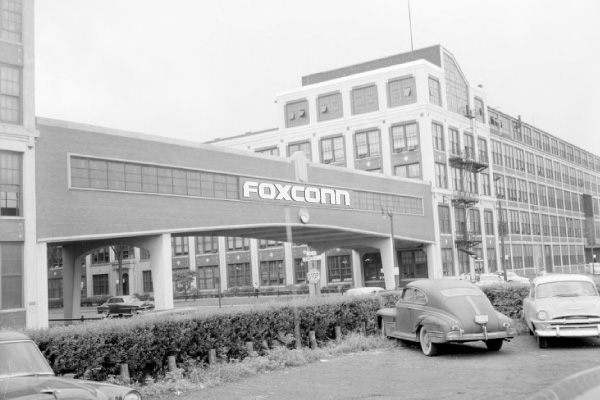Microsoft just scored a coup on the patent royalty front, with a new deal with Taiwanese phone maker, Hon Hai, which owns Foxconn.
Under the terms of the deal, Microsoft will get paid a flat fee per Android and Chrome-based device that Foxconn makes. And there are a lot of those. A whopping 40 percent of the world’s phones come from the firm’s China-based factories. Foxconn is an ODM, or “original design manufacturer”, and makes Android devices for clients like Acer and Amazon (it makes the Kindle Fire).
It’s famous for making iPhones and iPads as well.
The exact patents licensed were not revealed, but Microsoft has been famously litigious on the patent scene. With regard to the Android OS, legal documents filed in 2010 against Motorola and against Barnes & Noble in 2011 give some clues.
One of its patent claims is against a way that long and short file names are implemented, and is linked to the FAT16 file system used by older Microsoft OSes like MS-DOS and Windows.
Other patents include data management, across flash drives and another in contact databases. Microsoft’s user interface patents are also involved.
Microsoft said that over 50 percent of the world’s Android phones come from manufacturers that already have patent agreements in place with it. These include Samsung, LG and HTC, for example. Adding Foxconn to that list will give it a huge boost to these royalty payments, an already huge sum—in 2011, Microsoft was estimated to be making more from patent royalties from phone makers than its own smartphone business.
Other behind-the-scenes manufacturers similar to Foxconn such as Quanta and Pegatron also have licensing agreements with Microsoft.
Microsoft going after manufacturers has been referred to as “extortion” by Google. It made this statement in late-2011 after Samsung and Microsoft decided to cross-license their patents. Probably because Samsung was sick of all the lawsuits with Apple.
Hon Hai is the world’s largest contract electronics manufacturer, and holds some 54,000 patents globally.
